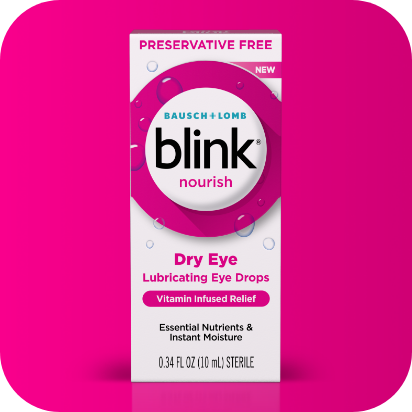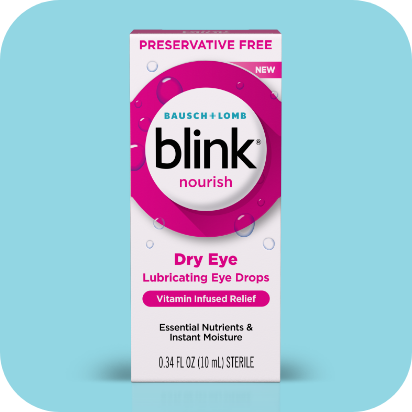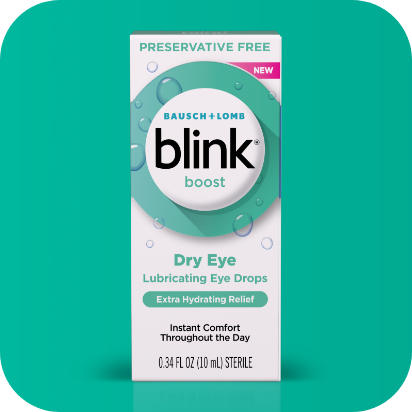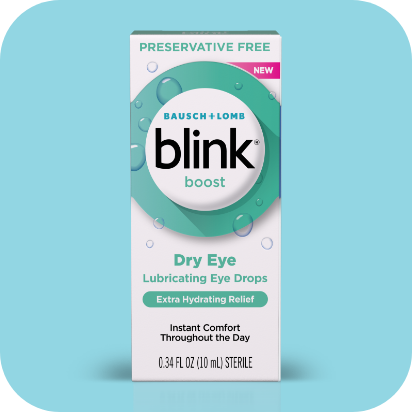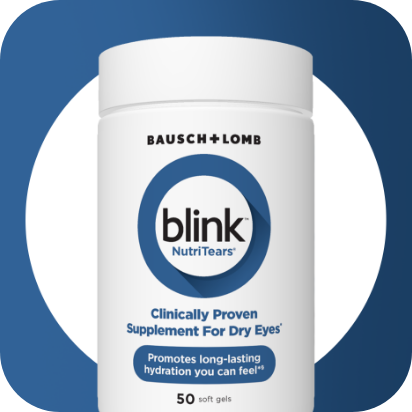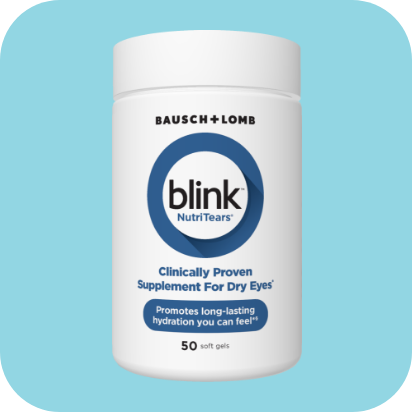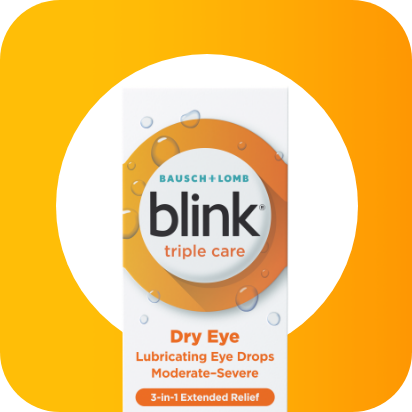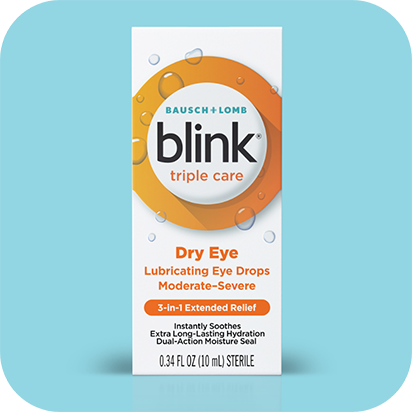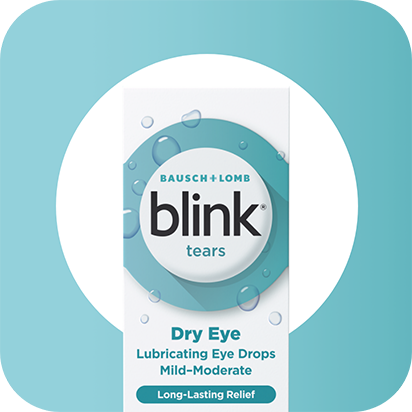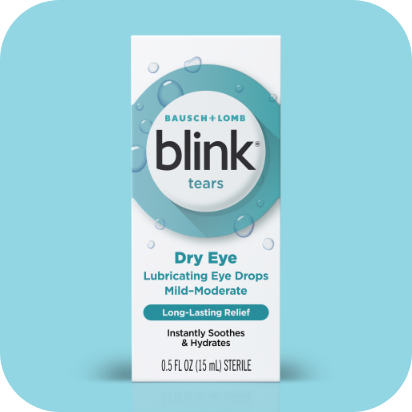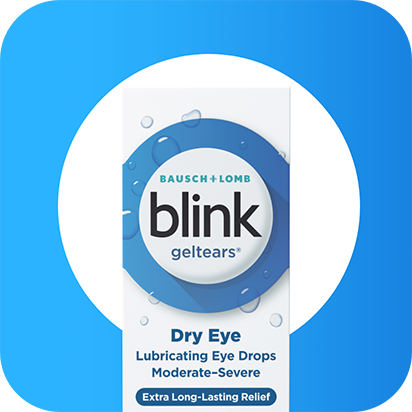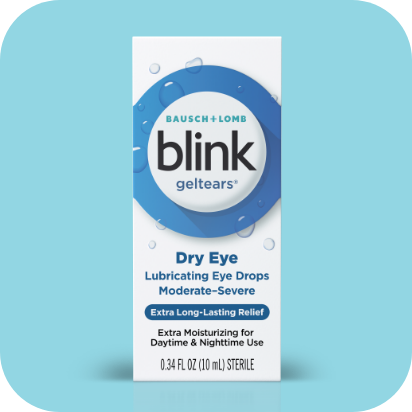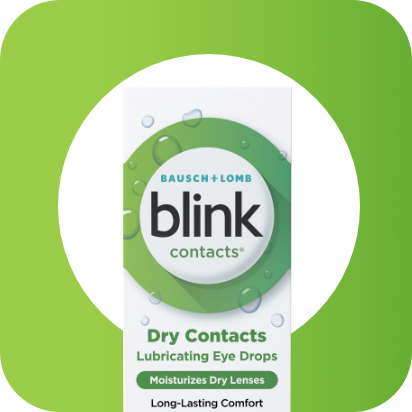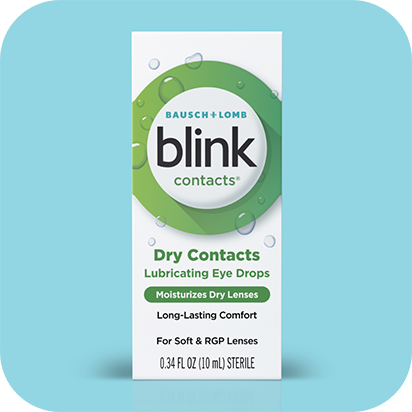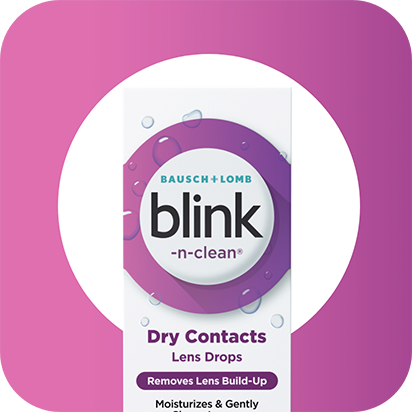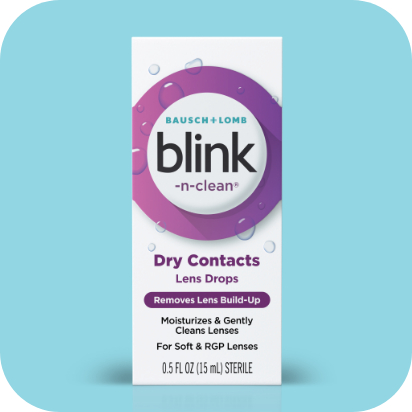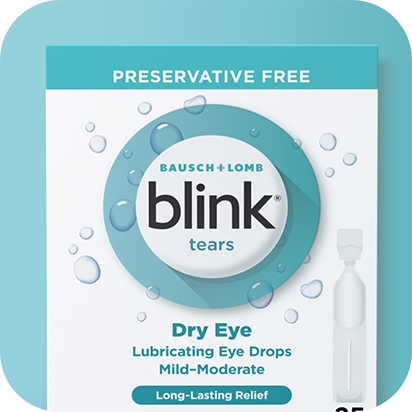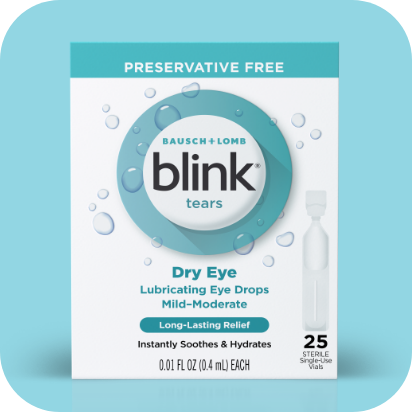What Causes Dry Eye?
There are certain conditions that often cause to dry eye:
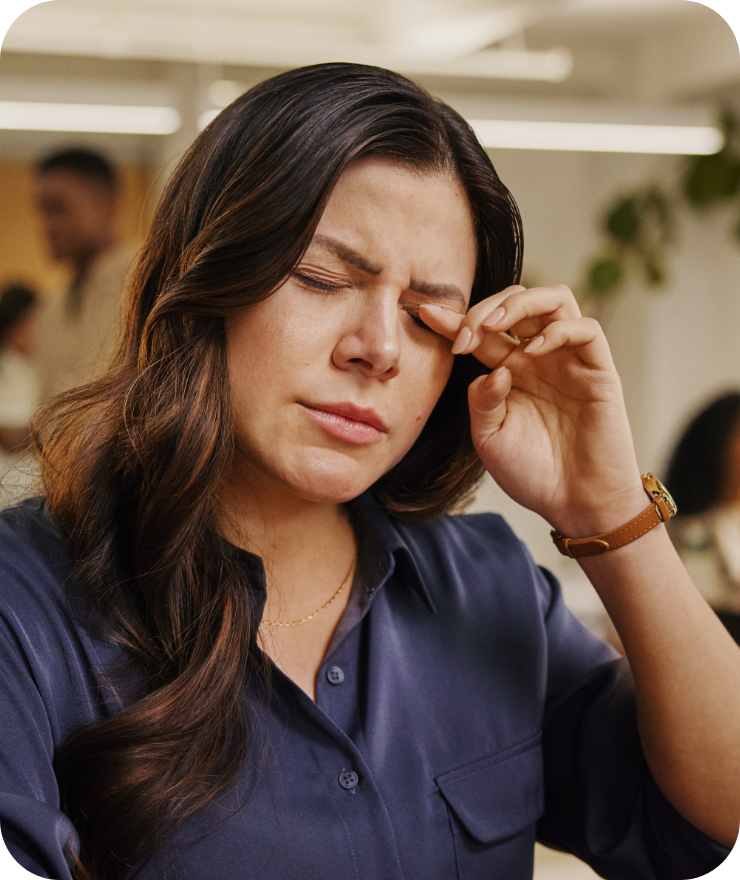
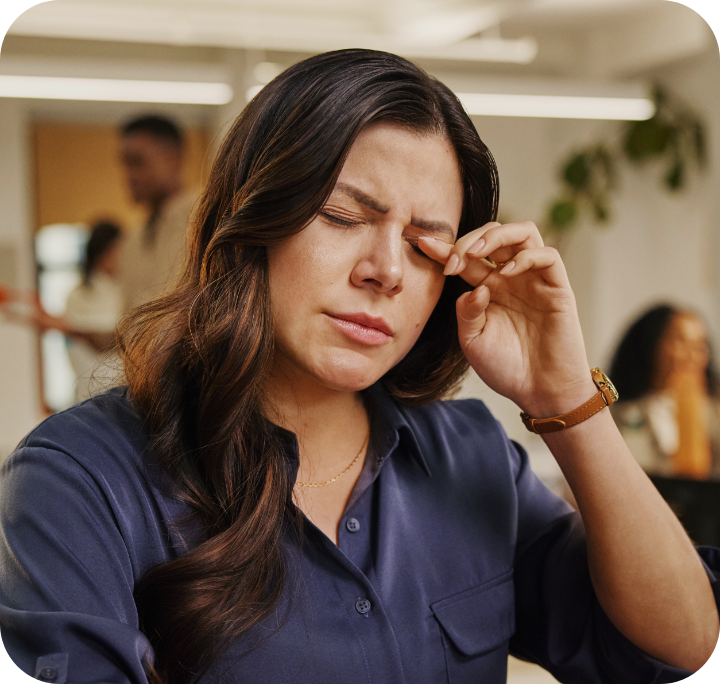
There are certain conditions that often cause to dry eye:
Meibomian Gland Disorder (MGD)
One of the leading causes of dry eye, MGD is when some or all of the glands that help provide the natural oils in the outer layer of your tear film are clogged. When this happens, your tears evaporate more quickly than they should.
Hyperosmolarity
Salt in tears is normal. But when tears evaporate too quickly too much salt is left behind in the eye. This is called hyperosmolarity and is a result of a disorder or disease that can cause dry, irritated feeling eyes.
The role of tears
Hydration is an important part eye health and the tear field has an important role in keeping the eyes well hydrated. Tears come from tear glands found way up under your upper eyelids. They wash down from the glands over your eyes.
Every time you blink, a thin layer of tears called "tear film" is spread across the outer layer of the eyes. Tear film can help the eyes in many ways, including keeping the eyes hydrated to provide clear, crisp vision. It also can help clean and protect your eyes.
Tear film is made up of three layers3,4:
1. Inner mucus layer
The inner mucus layer is the layer closest to the eye and helps keep the whole tear fastened to the eye.
2. Watery middle layer
The watery middle layer is the thickest layer and keeps the eye hydrated, fights off bacteria and protects the cornea.
3. Outer oily layer
The outer layer of tear film, also known as the lipid layer, that keeps the surface of the tear smooth for the eye to see through, and prevents tears from evaporating too quickly.
3. https://www.aao.org/eyenet/article/dry-eye-disease
4. https://www.aao.org/eye-health/tips-prevention/facts-about-tears
Other common factors that contribute to dry eye symptoms include5:

Tear production normally decreases as we age. Although dry eye can occur in both men and women at any age, women are more often affected due to hormonal changes.

If you travel to different environments a lot or look at computer or phone screens for long durations, you might be more prone to dry eye symptoms.

Whether you’re inside or outdoors, your environment can make a difference. Dry eye symptoms can worsen in particularly dry climates, or they can be impacted by indoor heating or air conditioning, for example.
5. https://www.aoa.org/healthy-eyes/eye-and-vision-conditions/dry-eye
Relief With Every Blink
Find long-lasting relief that best fit your dry eyes or contacts.

